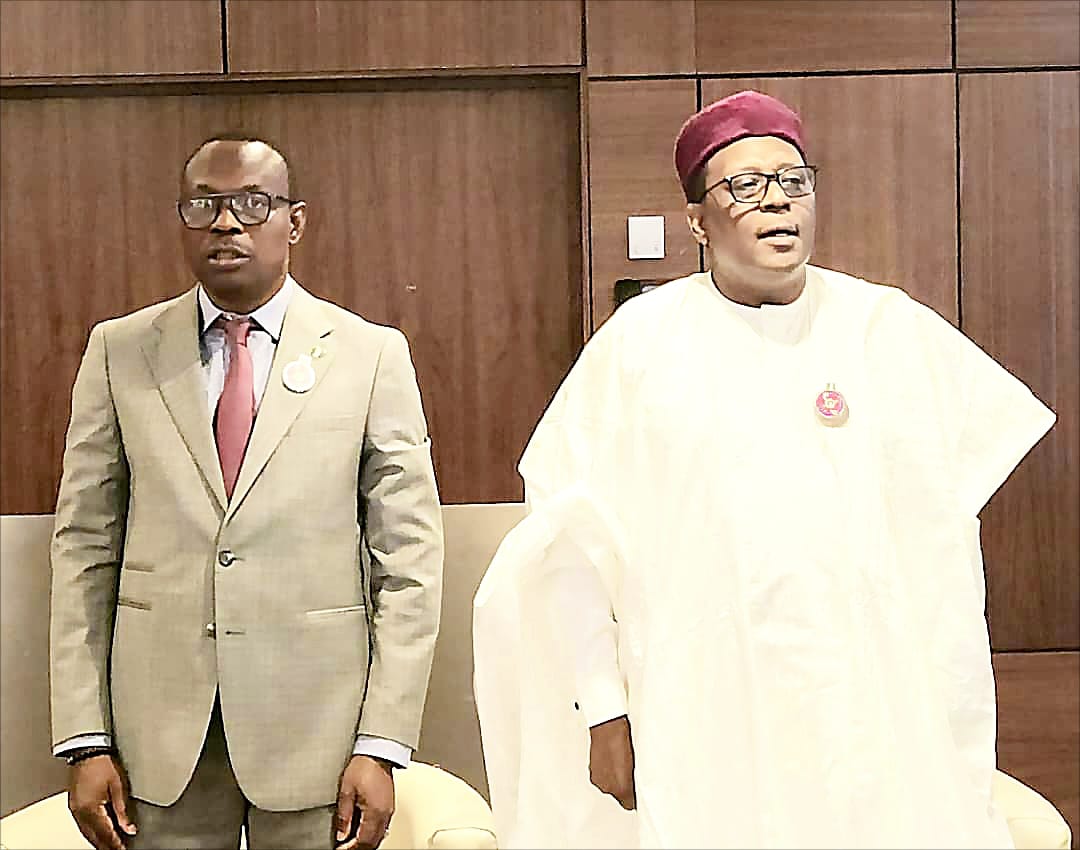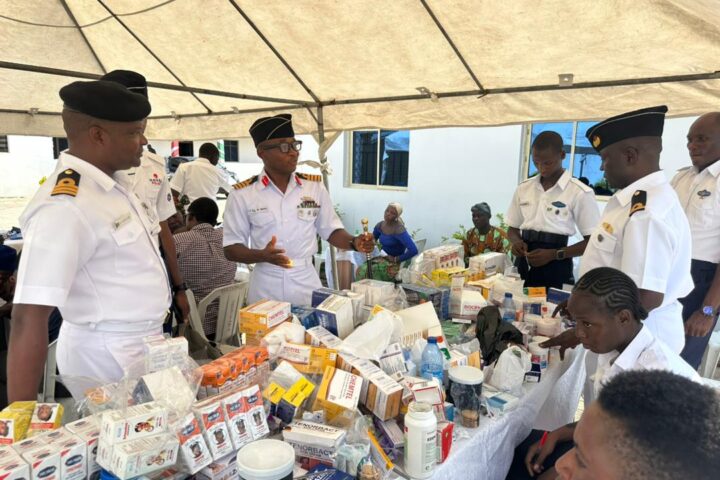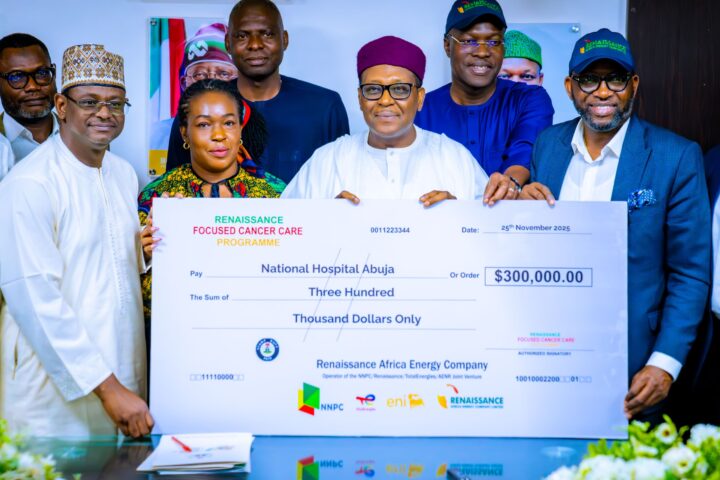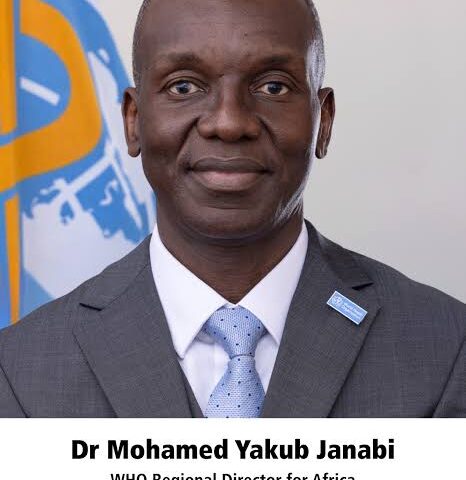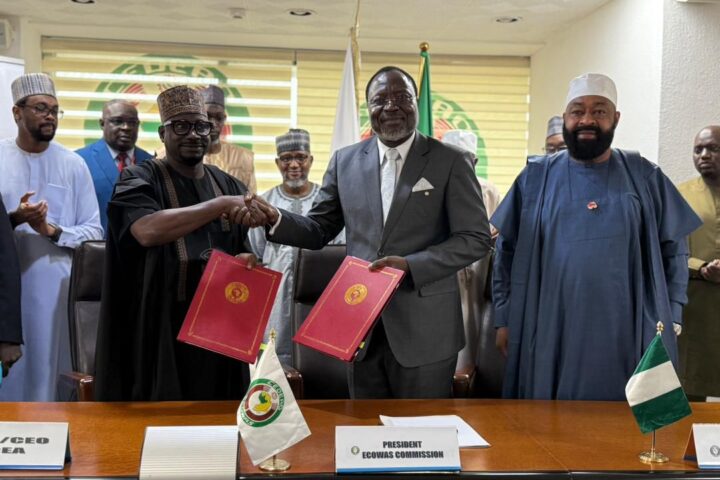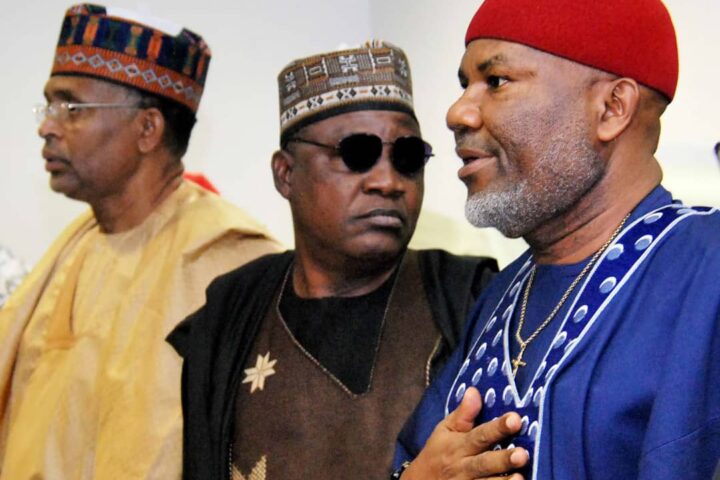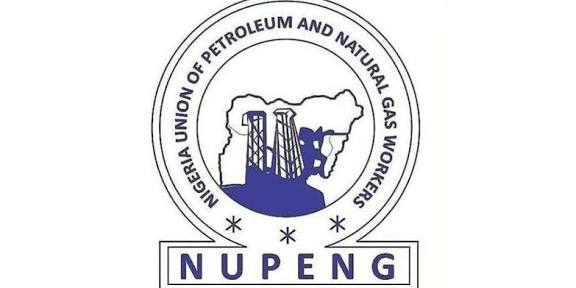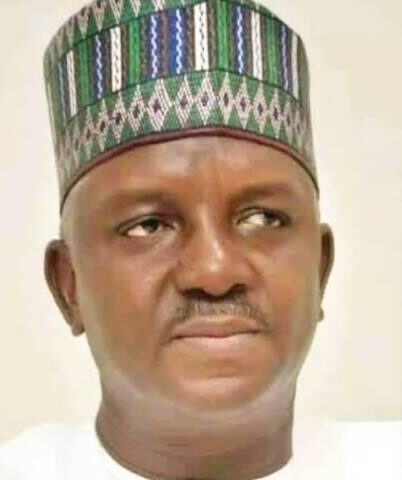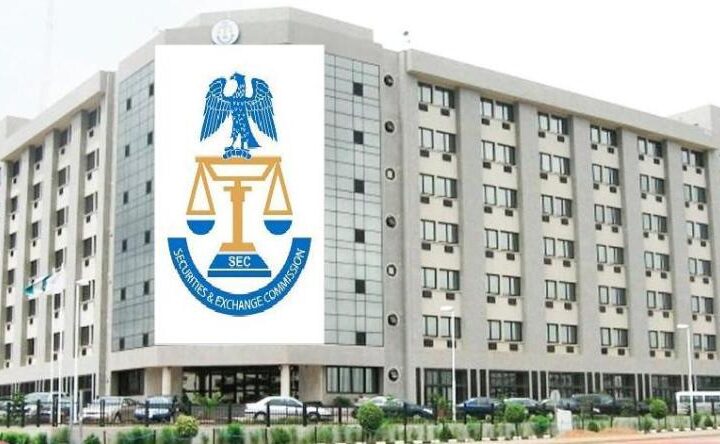Mohammed Shosanya
Malaria costs Nigeria over $1.1 billion annually in lost Gross Domestic Product,due to reduced productivity, increased healthcare expenses,and the exacerbation of poverty, Prof. Muhammad Ali Pate, the Coordinating Minister for Health and Social Welfare,has said.
He also said Nigeria accounts for 27% of global malaria cases and 31% of global malaria deaths, with over 180,000 Nigerian children under five dying from the disease in 2022.
He disclosed these during the inaugural meeting of the Advisory on Malaria Elimination in Nigeria (AMEN) at the Transcorp Hilton Hotel, Abuja,a statement signed by Mr. Alaba Balogun, Deputy Director, Information & Public Relations said.
Malaria is not just a health crisis;but an economic and developmental emergency,he quoted in the statement on Tuesday
He emphasized the government’s unwavering commitment to eradicating malaria,which he described as a “wicked problem” that continues to undermine the nation’s health and economic growth.
He highlighted that malaria elimination is integral to the Nigeria Health Sector Renewal Investment Initiative (NHSRII) and aligns with the current administration’s Renewed Hope Agenda.
Prof. Pate called for active participation from traditional and religious leaders to drive behavioral changes at the grassroots.
He stressed the importance of promoting the use of insecticide-treated nets, chemoprevention, and the deployment of malaria vaccines as part of the strategy to eliminate the disease.
The AMEN advisory body, chaired by a renowned expert Prof. Rose Leke, is tasked with advancing evidence-based solutions and creating accountability frameworks to ensure sustained progress.
Its focus includes,addressing current challenges through practical solutions; advocating for malaria elimination to be prioritized in government budgets and plans; and ensuring accountability across all stakeholders.
Dr. Iziaq Adekunle Salako,Minister of State for Health and Social Welfare, affirmed that eliminating malaria requires collaboration with the private sector, international partners, healthcare workers, and communities.
“For us to succeed, we must harness and coordinate the efforts of all stakeholders,” Dr. Salako emphasized.
Permanent Secretary Daju Kachollom, represented by Dr. Chukwuma Anyaike, Director of the Public Health Department, noted that the current administration’s renewed focus has reinvigorated the fight against malaria.


